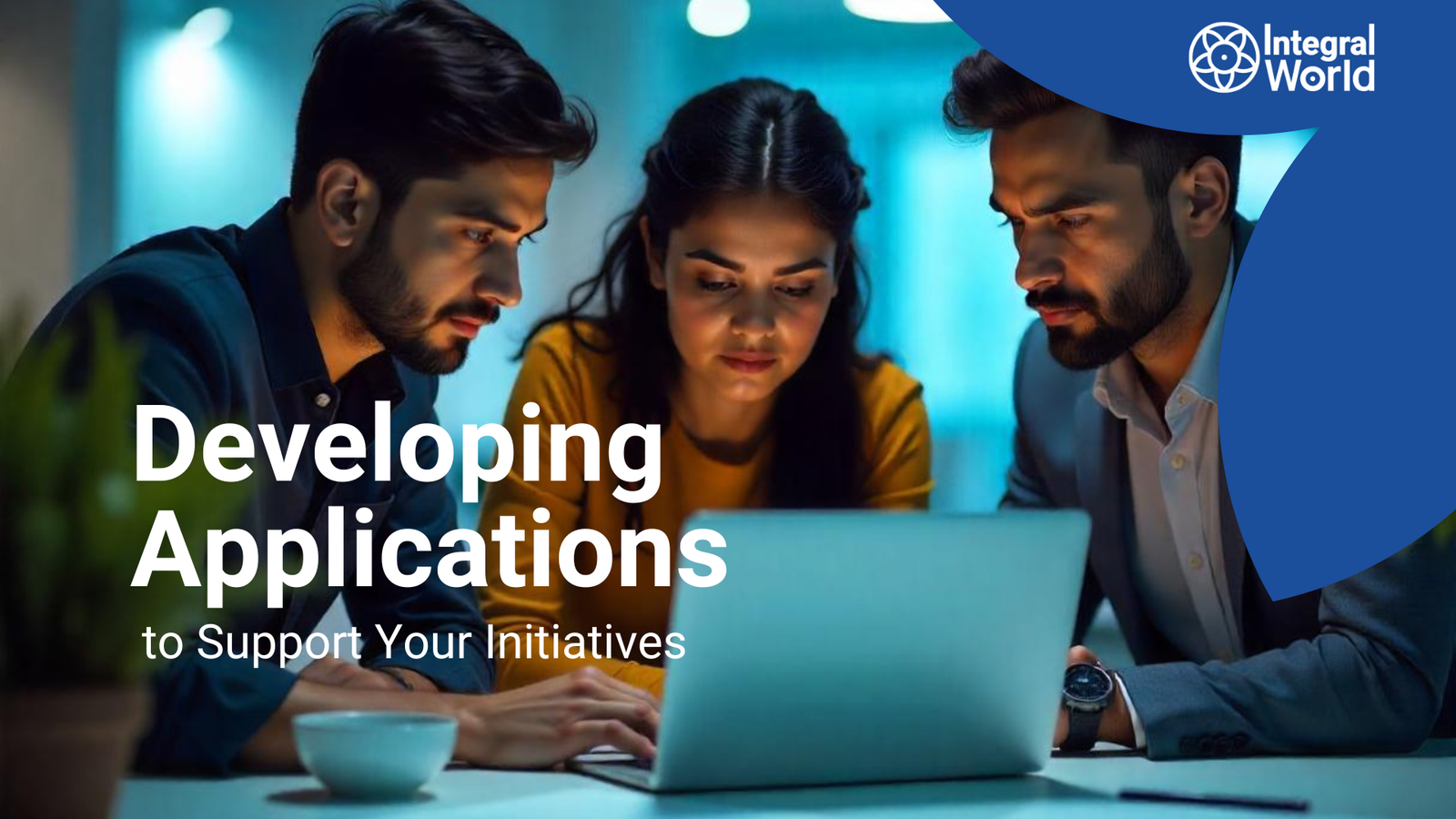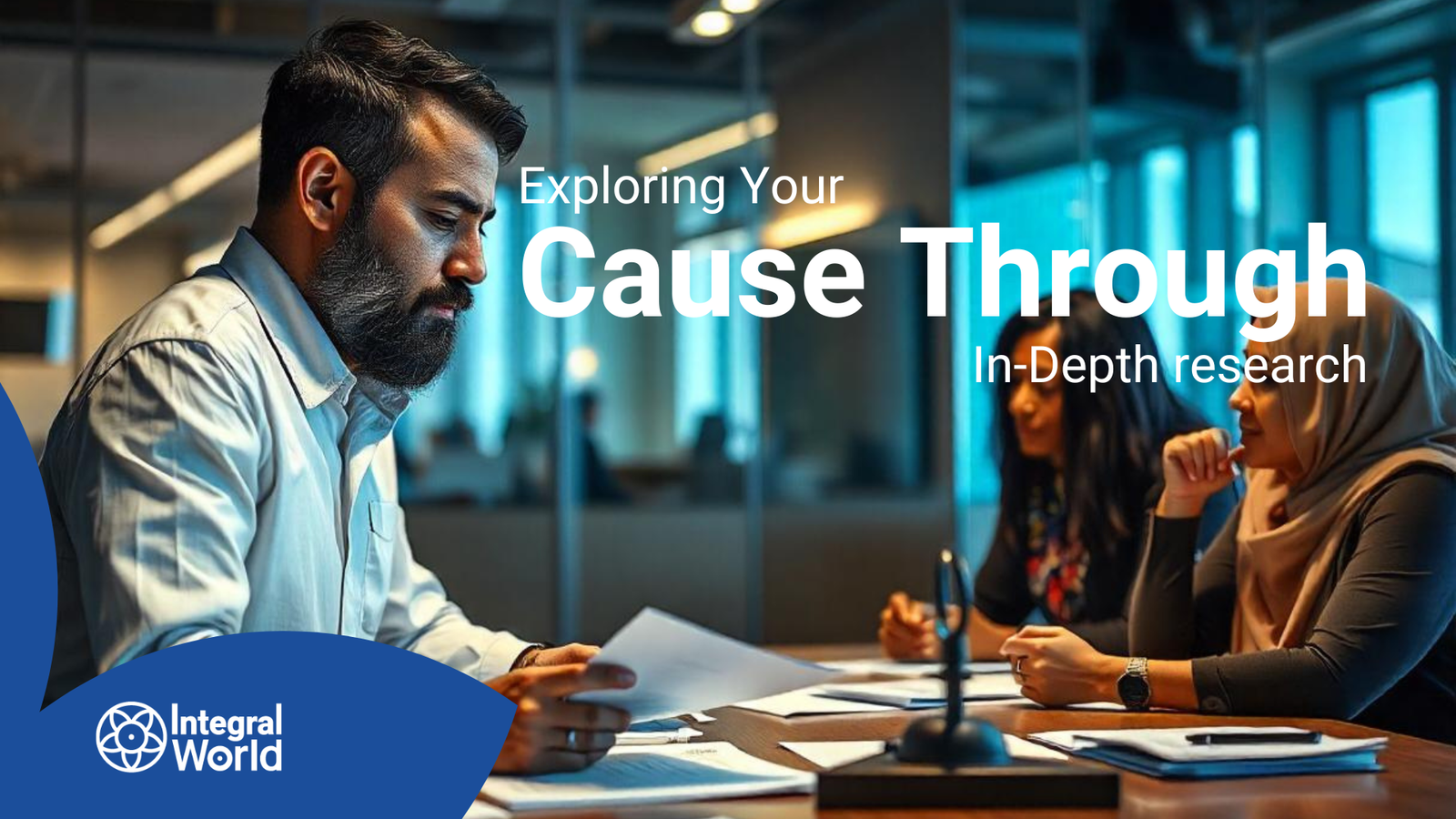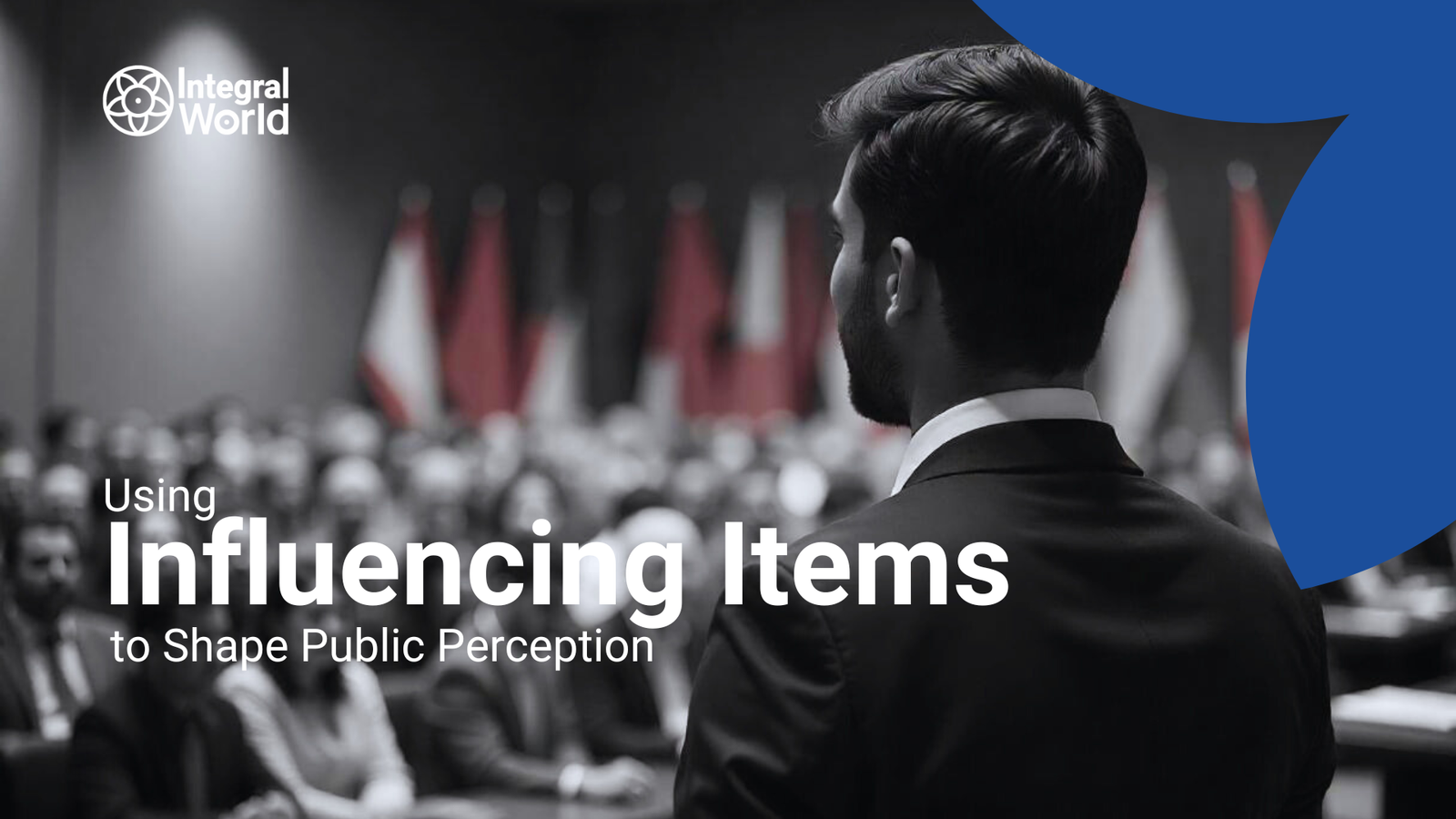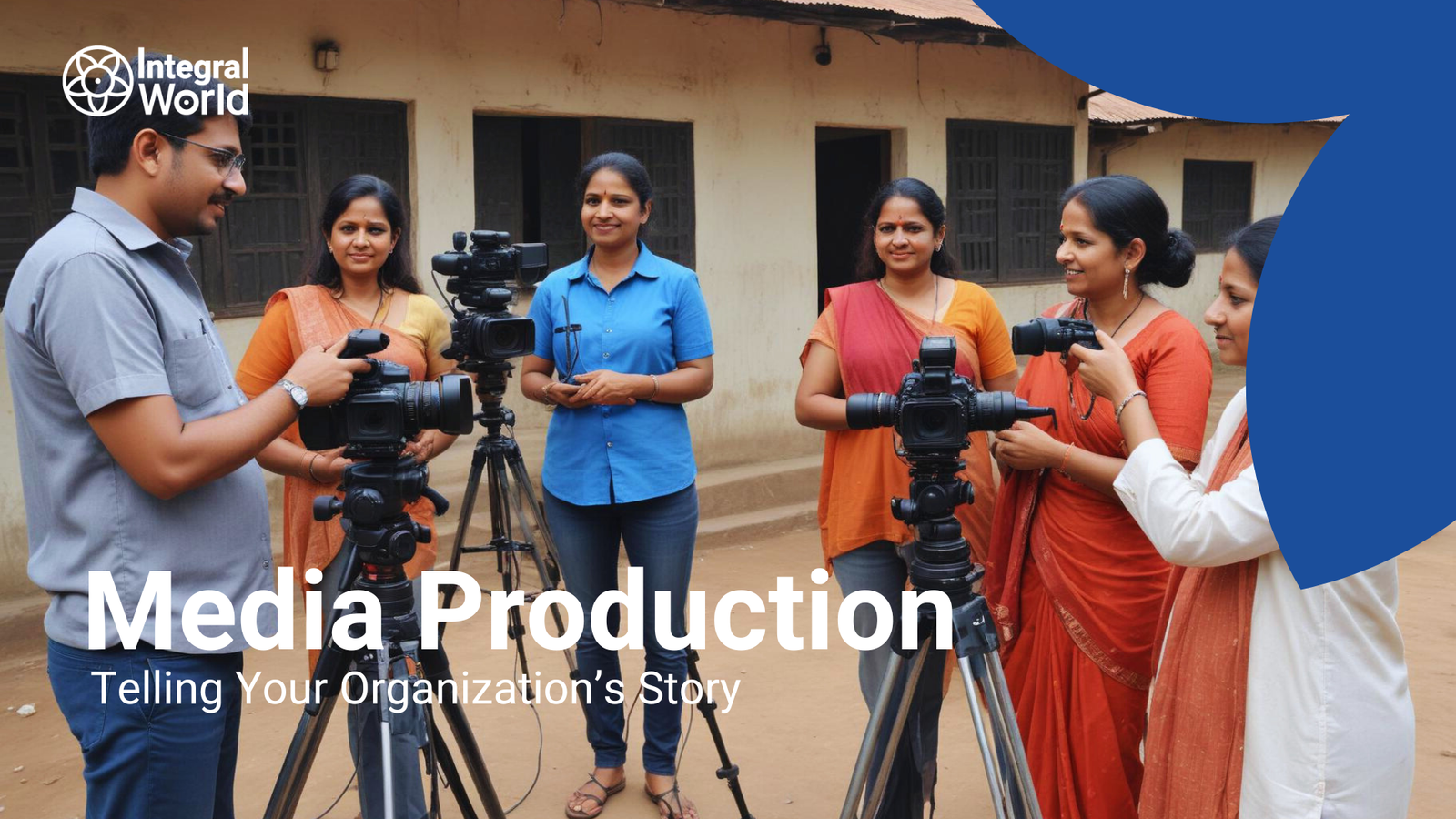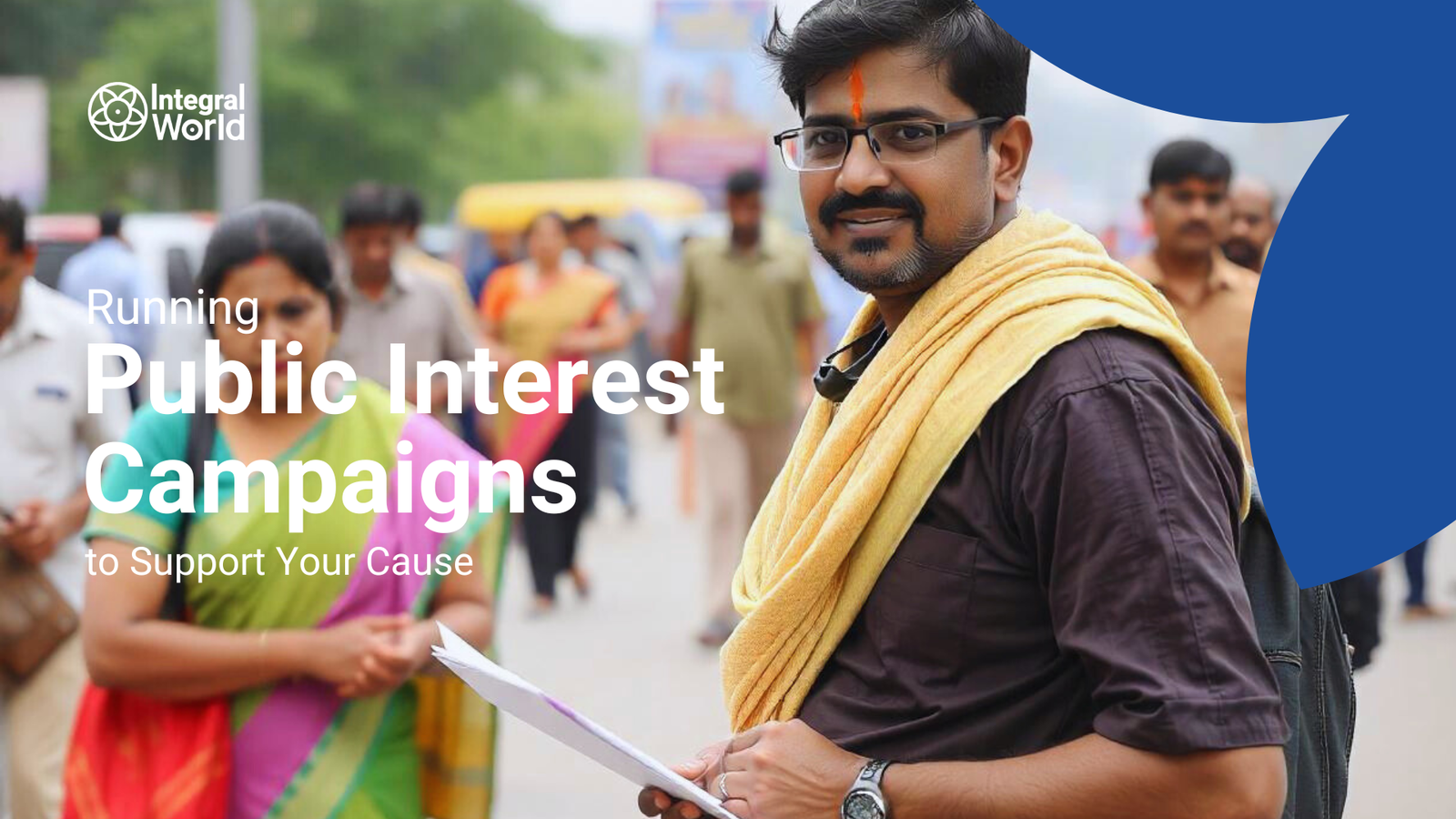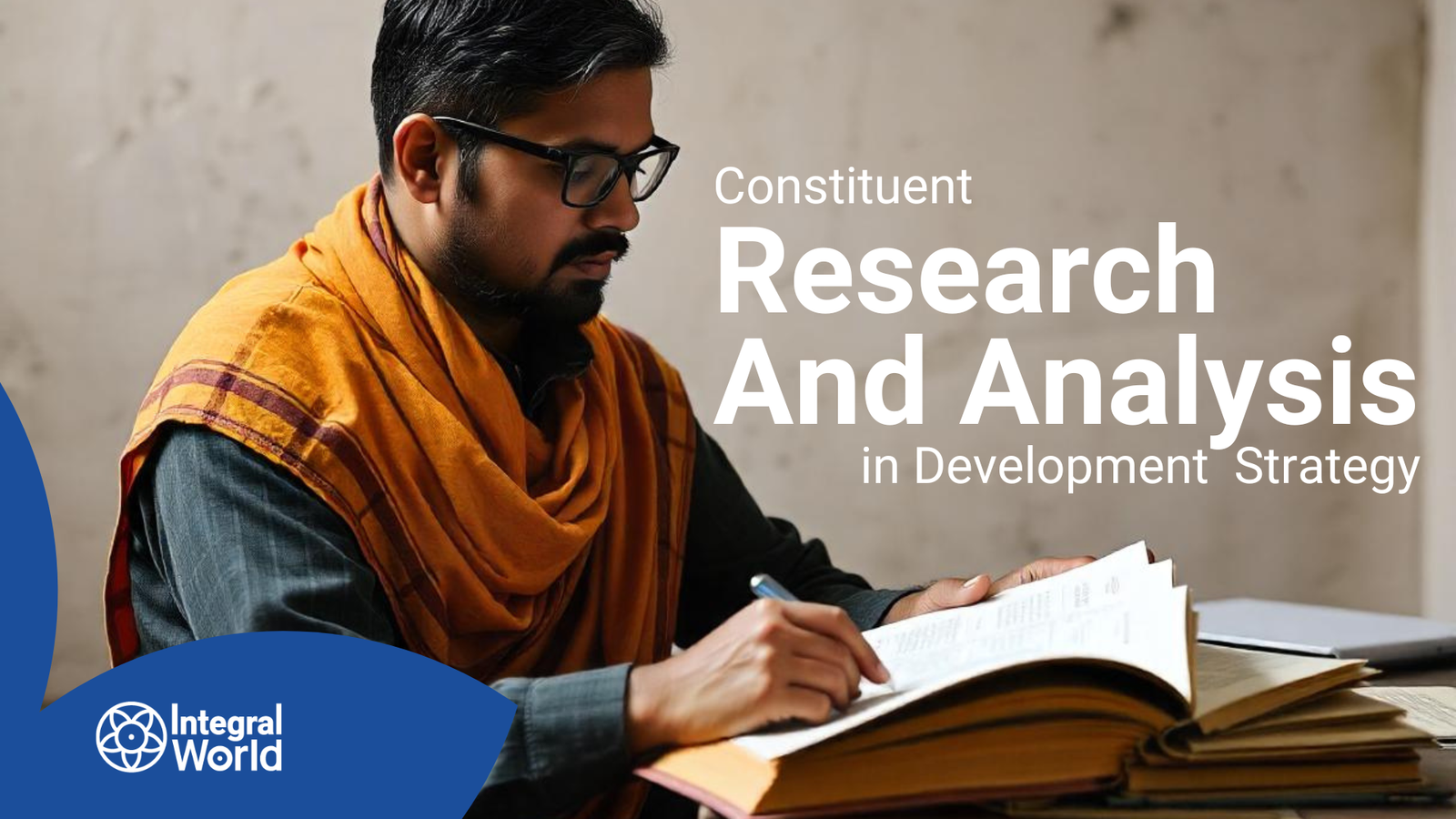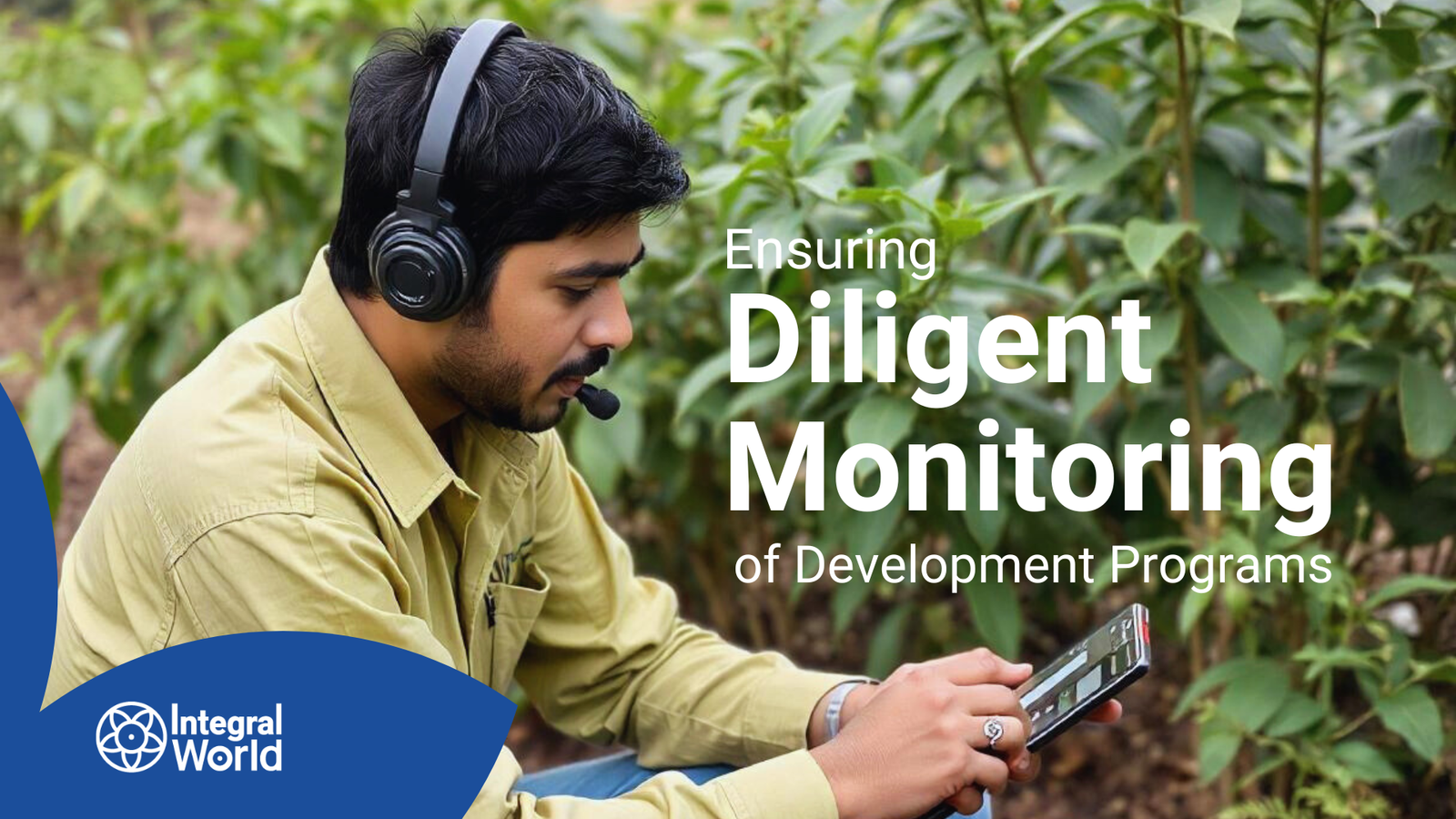Integral World’s strategic workshops and training programs empower communities through hands-on learning, offering resources, success stories, and expert perspectives to help development agencies achieve impactful results
Continue readingDeveloping Applications to Support Your Initiatives
Not-for-profits can enhance impact through mobile apps and web platforms, streamlining operations and engaging communities. Integral World offers strategic workshops to guide organizations in developing impactful applications, featuring success stories, expert insights, and actionable tips for real-world application.
Continue readingPlanning and Placing Electronic Media for Maximum Impact
Integral World empowers communities by using strategic digital media workshops to enhance development initiatives. Through capacity building and digital literacy, organizations can improve outreach, transparency, and community engagement, driving meaningful, sustainable change in today’s digital landscape.
Continue readingExploring Your Cause through In-Depth Research
“Integral World highlights how strategic workshops and training empower communities, providing real examples, expert insights, and practical tips for fostering sustainable development.”
Continue readingUsing Influencing Items to Shape Public Perception
This article examines how strategic workshops and training programs can reshape public perception, driving growth and empowerment through detailed examples, success stories, and expert insights for organizations.
Continue readingMedia Production: Telling Your Organization’s Story
Learn how media workshops boost your non-profit’s impact, engaging communities and advancing sustainable development.
Continue readingRunning Public Interest Campaigns to Support Your Cause
Discover how public interest campaigns, supported by strategic workshops and training, drive community empowerment and positive societal change.
Continue readingConstituent Research and Analysis in Development Strategy
It is necessary to grasp the needs, preferences and behaviour of constituents for development strategies to move forward effectively and sustainably. Constituent-related research and analysis guide strategic decision-making, offering unique insights, optimizing resource allocation, and enhancing program outcomes. By utilising this kind of research organisations change their game towards empowering communities while achieving real results. This article highlights the importance of constituent-related research and analysis in shaping development strategies as well as how strategic workshops and training programs can further amplify these efforts.
The Significance of Constituent-Related Research and Analysis
Constituent-related research involves gathering information about communities or individuals that an organisation serves and interpreting it. Such research may have several aspects including demographic profile, needs assessment, preferences as well as feedback received from them. Organisations gain knowledge on these factors for tackling real issues related to their development planning thus making more impact.
Main Benefits of Constituent-Related Research and Analysis
Informed Decision-Making: The basis for making informed decisions is laid through research. Organizations efficiently identify priority areas, allocate resources rationally, and develop programs that respect client interests, reducing guesswork and boosting the chances of achieving desired results
Enhanced Program Design: Programs designed by organisations become more relevant due to feedback given by constituents who say their thoughts concerning initiatives they take part in. Inclusion of community input into program development ensures practicality, effectiveness and acceptability among others in design interventions.
Increased Accountability: Transparent evidence-based decision making improves accountability within an organisation when constituents see that their inputs were valued and thus trusting such institutions even more actively supporting them. This fosters trust leading to increased engagement as well as support for developmental initiatives.
Improved Stakeholder Engagement: Motivations plus concerns of stakeholders are understood better through research. Such comprehension helps in more meaningful engagement and collaboration among community members, donors and other partners.

Driving Development Progress through Strategic Workshops and Training Programs
Strategic workshops and training programs play a critical role in harnessing constituent-related research for development progress. These programs equip organizations with the skills to analyze data, apply research to planning, and implement impactful, strategic initiatives.
Strategic Workshops:
Purpose: The purpose of strategic workshops is to bring together key stakeholders including staff, community members, experts etc., to jointly develop or refine development strategies. These forums actively share insights, brainstorm solutions, and align goals to drive meaningful progress and impactful results.
Benefits:
Collaborative Planning: Workshops foster collaboration and diverse perspectives, leading to more comprehensive and innovative strategies.
Skill Development: Participants gain valuable skills in data analysis, strategic planning, and program design.
Actionable Outcomes: Workshops often result in actionable plans and clear next steps driving progress toward development goals.
TRAINING PROGRAMMES:
Purpose: It is an opportunity for training programs to focus on a range of relevant issues ranging from data analysis, research approaches and strategic planning. These equip organizations with the skills to conduct meaningful constituent research and apply insights effectively in their strategic planning.
Benefits:
Increased Capacities: This is because all such training courses are designed to boost a firm’s capacity in terms of staff competence in research work, analytical skills as well as formulation of strategies.
Data-Driven Decision-Making: This involves interpreting information and facts, determining what’s happening over time and making learned choices based on evidence obtained from studies.
Continual Improvement: Organisations can remain flexible to the changing needs of communities as they continuously learn and adapt through using training programs.
Actionable Tips for Leveraging Constituent-Related Research
Engage in Continuous Dialogue: Always have a conversation with your constituents to gather real-time feedback and insights. Use surveys, focus groups, and interviews to regularly engage community members in order to understand their needs and preferences.
Utilise Data Analytics Tools: Employ data analytics tools and technologies that can help analyse research findings. These tools help identify trends over time, track progress, and provide valuable insights into current developments and outcomes
Incorporate Feedback into Strategy: Use your findings from such studies as an input for refining development strategies. Incorporate the feedback from the public into program design, implementation as well as evaluation processes.
Foster a Culture of Learning: Encourage continuous learning within your organisation. This may involve staff training programs that help enhance one’s competencies in research, analysis and strategic planning among others.
Measure and Evaluate Impact: Regularly measure up how much positive change has been brought about by these initiatives supported by corresponding evidence collected analytically. Use this data to demonstrate results, identify gaps, and impress external stakeholders by showcasing the relevance of your work
Conclusion
Constituent-related research is instrumental in shaping development strategies. By designing programs based on the needs and desires of communities they serve, organisations become agents of meaningful sustainable change. Strategic workshops together with training courses reinforce all these efforts through building capacities fostering collaborative decision making thus being able to make data-driven decisions.
Integral World actively supports organizations in leveraging research and analysis to achieve their development objectives. Our proficiency in strategy formations, enhancing competencies and community mobilisation makes us a valuable partner in facilitating a purposeful change.
To discuss our strategic workshops and training programs that aid in conducting stakeholders’ research for goal achievement, contact Integral World today. For a more meaningful future that would last long, let’s make the agenda together now.
Ensuring Diligent Monitoring of Development Programs
Sustainable development programs only reach their potential through effective execution and careful monitoring but not just from their design or objectives. Through constant vigilance, diligent monitoring ensures program interventions are on track as well as responsive to communities’ needs.
For Integral World, a non-profit organisation committed to sustainable and holistic development, monitoring plays a critical role in driving progress and empowering communities.
The Importance of Diligent Monitoring
- Monitoring is fundamental for program management success. It means regularly tracking progress, appraising performance, adjusting as appropriate to ensure that goals are met by the project. Some benefits associated with diligent monitoring include:
- Enabling Accountability: Monitoring enables evaluation of whether resources have been efficiently used against predefined metrics and goals by ensuring alignment between program activities and intended objectives.
- Early Warning Signs: Regular monitoring allows identification of issues that may challenge successful implementation at an early stage thus proactive measures can be taken before such issues escalate.
- Facilitates Learning and Improvement: Organisations get vital information through monitoring which helps them understand what does not work while they also continuously improve based on feedback and evidence.
- Inculcate Trustworthiness: An organisation’s credibility is boosted when it employs transparent ways in which it monitors its operations thereby implying commitment towards reporting honestly about achievement of set goals.
Example: The Global Fund
The Global Fund has employed this kind of vigilant supervision towards making sure its developmental initiatives bear fruit. The Global Fund uses comprehensive systems for monitoring and evaluating different investments made in health care programs so that strategies are adjusted when needed based on data analysis meant to improve results as well as promote accountability within the system.

Strategic Workshops and Training Programs
Strategic planning workshops as well as training programs form a bedrock of any organisation’s ability to oversee diligently. They give teams the necessary tools, knowledge and competencies for effective monitoring and evaluation in respect to development programs. How do these initiatives drive progress while empowering communities?
Capacity Building
Workshops and training programs aim at improving the skills of those involved in monitoring activities. They cover essential skills such as data collection, analysis, reporting, use of monitoring tools among others.
Example: The World Bank
The World Bank usually organises workshops to improve its partners’ capacity on monitoring and evaluation. These include topics like results based management as well as impact assessment where organisations are empowered to keep better track and provide better information about their development efforts.
Tip: Regular training sessions will familiarise your team with modern monitoring techniques and best practices.
Enhancing Data Management
Monitoring must have accurate data collection systems; a training program may involve them on how this should be done. This can involve using digital tools or platforms for tracking or reporting among other aspects of data management.
Example: PATH
To improve its own set-up, PATH, a global health organisation uses data management training. In order to enhance the accuracy of the data collected during an intervention process, PATH incorporates technologically advanced instruments while also ensuring there is a prompt decision-making process whenever need arises.
Tip: This tip is about using data management technologies to streamline the collection and analysis of data for your monitoring efforts.
Developing Monitoring Frameworks
It is often through workshops that robust monitoring frameworks are developed, which involve clear indicators, measurement tools and reporting mechanisms. These frameworks offer systematic ways of tracking progress as well as evaluating program performance.
Fostering a Culture of Learning
Organizations can encourage a culture of learning through training programs. These programs aid organisations in adapting their monitoring practices based on lessons from real-time experiences by emphasising continuous improvement and feedback.
Example: Oxfam
For instance, Oxfam’s training programs emphasise the importance of learning from M&E findings. They urge staff members to use insights from implementation meetings to make incremental improvements, fostering an adaptive management culture within the organization.
Tip: Encourage your team members to reflect upon the results obtained from diligent monitoring regularly, thereby using what they learnt to improve the program’s quality as well as encouraging innovations within it.
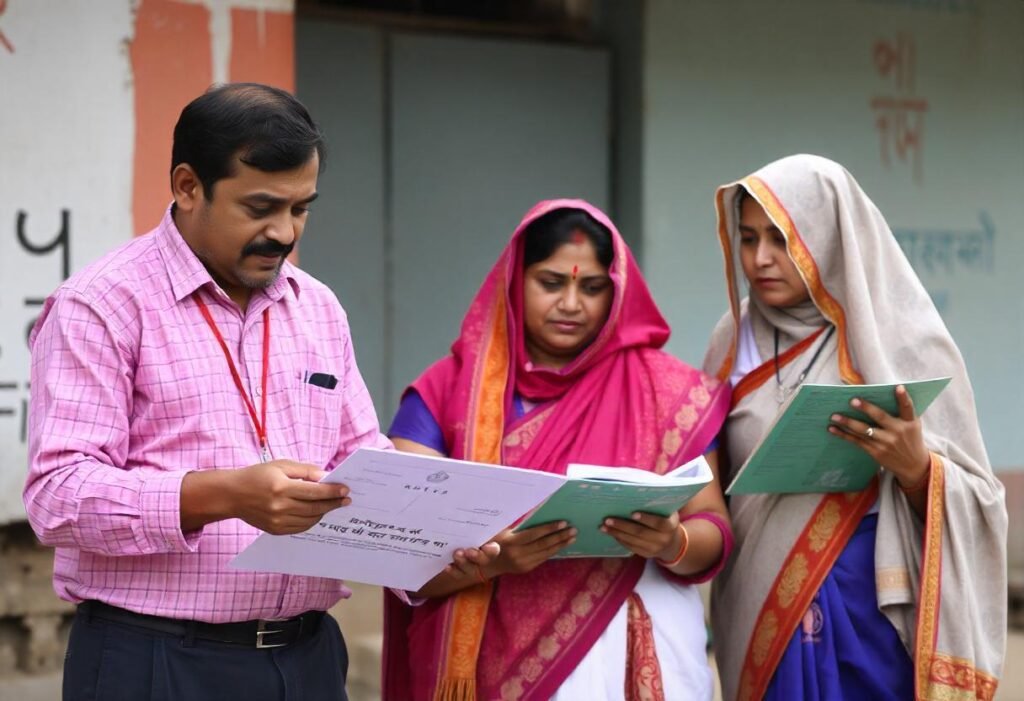
Actionable Tips for Effective Monitoring
Set Clear Objectives and Indicators
Clearly set objectives for your development programs and establish measurable indicators to actively track their progress. This helps focus the monitoring process on relevant outcomes and impacts only.
Tip: For objective setting and having indicators guiding your monitoring activities use SMART criteria (Specific, Measurable, Achievable, Relevant, Time-bound).
Implement Robust Data Collection Methods
You need reliable data collection methods that ensure the information is accurate and consistent. Use both qualitative and quantitative information to determine how your programs are doing.
Tip: Train field staff in effective data collection methods and have user friendly data collection tools that correspond to program needs.
Regularly Review and Analyze Data
Program performance can be assessed by reviewing monitoring data from time-to-time. This analysis should form the basis for decision-making, hence strategies being adjusted accordingly.
Tip: Schedule periodic meetings for reviewing data with members of the organisation to enable discussions of findings, challenges facing the implementation committee or planning on the way forward depending on the results obtained from these reviews.
Communicate Results Transparently
Stakeholders such as donors, partners and beneficiaries need to know about your monitoring results openly. Your transparent reporting will foster trustworthiness and accountability that confirms reliability of organisation activities.
Tip: Report such information using simple pictures like graphs instead of large documents filled with figures not easily understood by everyone.
Engage Stakeholders in the Monitoring Process
Monitoring involves stakeholders who have diverse perspectives as well as insights. Involving intended users/program beneficiaries, development partners, and community members makes Program Monitoring more relevant and useful.
Tip: Hold feedback sessions at which stakeholders will provide inputs into the evaluation process through focus group discussions, meetings, or workshops designed specifically for this purpose. Also consult various stakeholders through participatory workshops aimed at capturing different opinions regarding monitoring efforts.
Conclusion:
To ensure successful development programs that have positive impacts diligent monitoring is important. Strategic workshops along with training programs make it possible for organisations to improve their capacities for monitoring and developing community empowerment among others. Therefore effective monitoring fosters accountability as well transparency besides promoting continuity learning so crucial in any development endeavour.
The primary purpose of Integral World is assisting organisations to construct and implement strong surveillance systems. By the use of professional strategic workshops and capacity building programs, we hone the skills for NGOs in monitoring their progress and resolving challenges along with achieving development goals.
Contact today Integral world to find out more about our strategic workshop and training programs aimed to empower your staff members as well as promote your development goals. Let us strive together for superior monitoring standards that will make a difference in the areas where you serve humanity.
Integrating Artificial Intelligence in Development Operations
Artificial Intelligence (AI) is making a revolution in several areas and the development sector is not left out. The integration of AI into development operations can improve efficiency, drive significant progress and empower communities in ways that are transformational for non-profit organisations.
This article explores how strategic workshops as well as training programs can facilitate AI effective integration.
The Role of Artificial Intelligence in Development Operations
AI has many advantages towards development operations from optimising efficiency, generating actionable insights among others. Therefore, by harnessing AI technologies, nonprofits can enhance their data analysis capabilities, optimise resource allocation and gain deeper insight about community needs. Hence, this is how AI makes difference:
Data-Driven Decision Making
Development organisations need data that could allow them to know needs, measure impact and plan interventions which requires an interpretation of large datasets by these organisations through use of AI algorithms.
For example: The World Bank uses satellite imagery combined with socio-economic data analysed by artificial intelligence to recognize areas where infrastructure should be built such as roads. Through this approach more accurate resources are allocated based on better targeting.
Enhanced Resource Allocation
AI helps predict requirements and inefficiencies thereby enhancing resource allocation process. Such optimization guarantees that resources are effectively used for maximum impact.
For instance: GiveDirectly; non-governmental organisation utilises AI techniques to analyse data on the most efficient means of giving money to poorest households through cash transfers. This adoption provides better help for people than ever before by ensuring smarter program implementations.
Improved Program Design and Implementation
Development programs being designed and implemented using Artificial Intelligence services offer some insights as far as community needs or preferences are concerned in order to tailor the programs specifically to those target populations.
For instance: BRAC, which is a Bangladeshi NGO uses tools enhanced with artificial intelligence that analyses mobile surveys and social media data to create programs specifically designed for the requirements of different communities.

Benefits of Artificial Intelligence (AI) Integration Through Strategic Workshops and Training
Strategic workshops and training programs play a critical role in supporting organisations introducing AI into their development operations. Moreover, these are essential for learning how to effectively utilise AI technologies. This is how they can move forward and change lives.
Building AI Literacy
As a benefit: Well-informed choice regarding technology adoption by staff ensures that they apply well Ai tools within their daily operations.
Identifying Relevant AI Applications
For instance, strategic workshops help organisations identify which specific AI applications would be most relevant to them based on certain needs or objectives. When Ai Technology is guided by such an approach it leads to alignment with the organisation’s goals.
As a benefit: By doing so, the companies may be able to put in place remedies that are peculiar to them due as they focus on appropriate ways of integrating artificial intelligence within their operations.
Developing AI Strategies
Training programs can help organisations develop detailed plans for incorporating artificial intelligence into their operations called comprehensive AI strategies. Therefore, a strategic approach like this ensures that AI initiatives are well planned out with regard to organisational goals.
For example: If an organisation has a well-defined AI strategy, it will have better guidance towards successful implementation while avoiding pitfalls that many others fall into.
Encouraging Collaboration and Knowledge Exchange
Workshops and training programs frequently involve participants working together and sharing knowledge. Consequently, it is in such an environment that the exchange of ideas and best practices happens.
Benefits: Organisations can gain valuable insights on improving their AI integration efforts by learning from others and sharing experiences.

Success Stories in AI Integration
Case study : United Nations Development Programme (UNDP)
The UNDP has been able to successfully incorporate AI into its development operations, making it more impactful. By employing AI in analysing data from different sources like satellite images as well as social media, UNDP now responds better to crises and tracks progress in development.
Strategies Implemented:
- Data Analysis: Used algorithmic intelligence to analyse large volumes of data sets with a view to bringing out patterns.
- Crisis Response: Utilised AI tools for monitoring real-time humanitarian crises.
- Impact Monitoring: Leveraged artificial intelligence technology for tracking development programs effectiveness.
Outcome:
- Improved response capability when it comes to crisis situations plus efficient allocation of resources
- Better monitoring as well as evaluation of developmental initiatives.
Evaluate Your Needs And Goals
Before including an AI system, address the needs and objectives of your organisation in terms of how it can assist you most effectively. Identify and resolve key challenges, focusing on achieving targeted outcomes.
Tip: Carry out this assessment to determine the areas where AI would have a substantial impact.
Start Small And Grow Slowly
Begin with a pilot project aimed at testing AI technology in relation to your operations. Starting small gives room for evaluating outcomes and making necessary changes before scaling up.
Tip: Choose a pilot project which is linked to corporate priorities yet with potential for high change.
Train And Build Capacity
Ensure that your staff receives training on how to use AI tools and technologies effectively. This enables successful integration of AI and maximises its output.
Tip: Seek expert’s advice or consultants who will provide training, guidance, etc., needed by your employees.
Promote Collaboration And Partnerships
Partnering with other organisations, technology providers and experts will help enhance integration of AI. This way such collaborations shall provide important resources, knowledge as well as support.
Tip: Look for opportunities in which you can collaborate with other organisations operating in similar fields through knowledge sharing.
Monitor And Evaluate Progress
Proper Monitoring and Evaluation will tell, how well the integration of AI has been accepted into your business system over time on a regular basis. With feedback from data, judge if these artificial intelligence tools are performing optimally then make adjustments accordingly.
Tip: Develop key performance indicators (KPIs) for measuring success of AI initiatives.
Conclusion
When artificial intelligence is incorporated in the development activities, it has a great potential of increasing efficiency on different ends and empowering communities through resource optimization. Strategic workshops and training programs play an essential role in ensuring the integration of AI by enhancing AI literacy, identifying applicable areas, and developing overall strategies. At Integral World, we actively assist organizations in leveraging Artificial Intelligence to realize progress and achieve their development objectives.
Do you think it’s time to use AI more effectively? Partner with Integral World if you want to see how AI will reshape your ways of developing projects. For additional information about our development learning programmes and strategic workshops, please visit our website.


